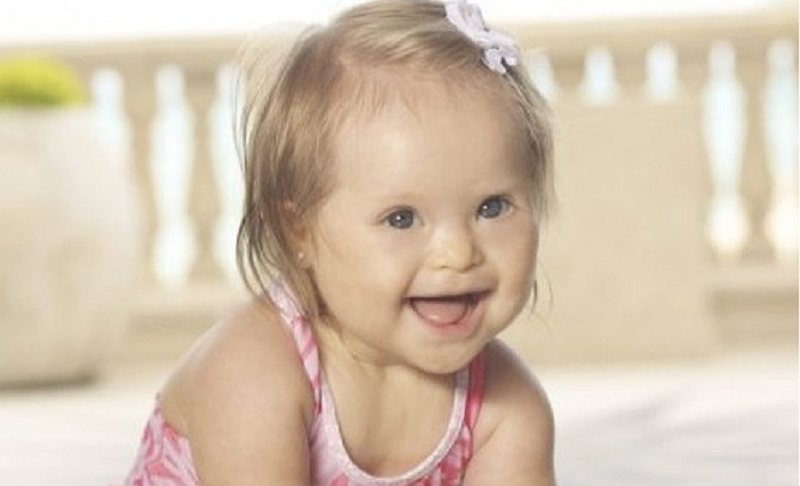If U.S. Supreme Court nominee Brett Kavanaugh is confirmed, there is a very real possibility that widespread abortion on demand could be thrown into the “ash heap of history.”
Politico reports there are three pro-life state laws that are one level below the Supreme Court, one of which is an Indiana law prohibiting abortions based on disability, gender or race of the unborn child.
If Indiana appeals the case and the Supreme Court accepts it, there is a possibility that a life-affirming ruling could be made with Kavanaugh on the court.
A federal judge, Kavanaugh has served on the U.S. Circuit Court of Appeals for D.C. for more than a decade, where he developed an extensive record of protecting religious liberty and enforcing restrictions on abortion. Pro-life leaders believe he would do the same on the U.S. Supreme Court.
In 2016, then-Gov. Mike Pence of Indiana signed Bill 1337 into law, which bans abortionists from knowingly aborting an unborn baby solely because of a genetic disability such as Down syndrome, the unborn baby’s race or sex. The law also had other abortion-related measures, such as a requirement that aborted or miscarried babies’ bodies be cremated or buried.
The passage of this legislation was a pro-life victory for Indiana, a state which received a “F” grade from radical pro-abortion group NARAL.
SIGN THE PETITION: Vote to Confirm Supreme Court Nominee Brett Kavanaugh
In September 2017, however, a federal judge struck down the Indiana law. Judge Tonya Walton Pratt permanently blocked the law in a ruling, claiming the law was unconstitutional.
Now, it is up to Indiana Attorney General Curtis Hill to appeal the ruling. A spokesman for Hill said the office had no decision to announce yet on an appeal, according to the report. They have until late September to do so. State Rep. Jim Banks, who sponsored the legislation in the Indiana Statehouse, is hopeful that Hill presses the ruling to the Supreme Court.
“Obviously, Gov. Pence at the time signed it and championed it,” Banks said.
There are two similar cases that also could be appealed to the Supreme Court. Those cases come from Texas and Alabama, which both passed bans on dismemberment abortions, in which the unborn baby is torn apart limb from limb while their heart is still beating.
Regardless of which cases are appealed, it is very likely the high court will select at least one of the cases to preside over for the next term. Furthermore, if the U.S. Senate confirms Kavanaugh, he could change the court’s dynamic and challenge Roe v. Wade. With Neil Gorsuch recently added to the court by President Donald Trump and now Kavanaugh as a potential addition, the court could swing to the right in favor of pro-life rulings.
Vice President Pence has been confident in his belief that Roe v. Wade could be overturned. In a CNN interview this month, the vice president expressed his unchanging desire to see Roe over and done with.
“I do, but I haven’t been nominated to the Supreme Court,” Pence said, noting that he and Trump “will continue to be a pro-life administration.”
Pence previously said he believes Roe will one day be thrown into “the ash heap of history.”








